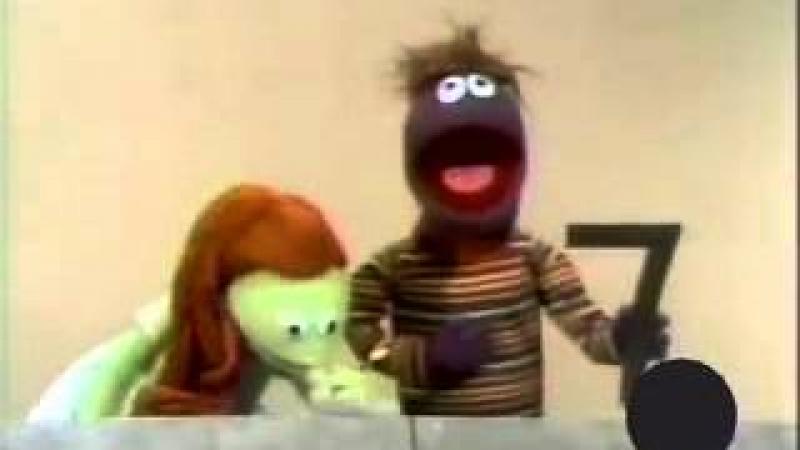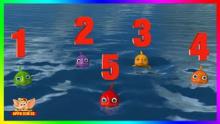
"As I was going to St Ives" Lyrics
The most common modern version is:
As I was going to St. Ives,
I met a man with seven wives,
Each wife had seven sacks,
Each sack had seven cats,
Each cat had seven kits:
Kits, cats, sacks, and wives,
How many were there going to St. Ives?
"As I was going to St Ives" Chords
E E E E E D D D As I was going to St. Ives, E E E E E D D I met a man with seven wives, G G G G G G Each wife had seven sacks, A A A A A A Each sack had seven cats, B B B B B B Each cat had seven kits: B A G E Kits, cats, sacks, wives, D D D D D E E E How many's going to St. Ives?
"As I was going to St Ives" Origins
The earliest known published version of it comes from a manuscript dated to around 1730 (but it differs in referring to "nine" rather than "seven" wives). The modern form was first printed around 1825.
There are a number of places called St Ives in England and elsewhere. It is generally thought that the rhyme refers to St Ives, Cornwall, when it was a busy fishing port and had many cats to stop the rats and mice destroying the fishing gear, although some people argue it was St Ives, Cambridgeshire as this is an ancient market town and therefore an equally plausible destination.
"As I was going to St Ives" Youtube Videos



